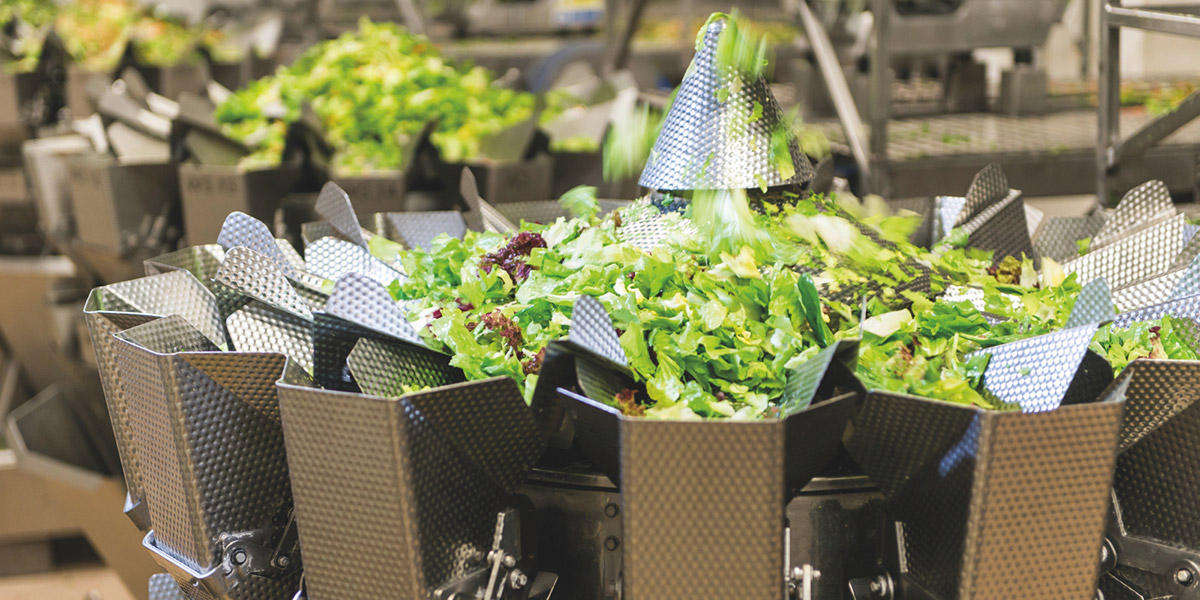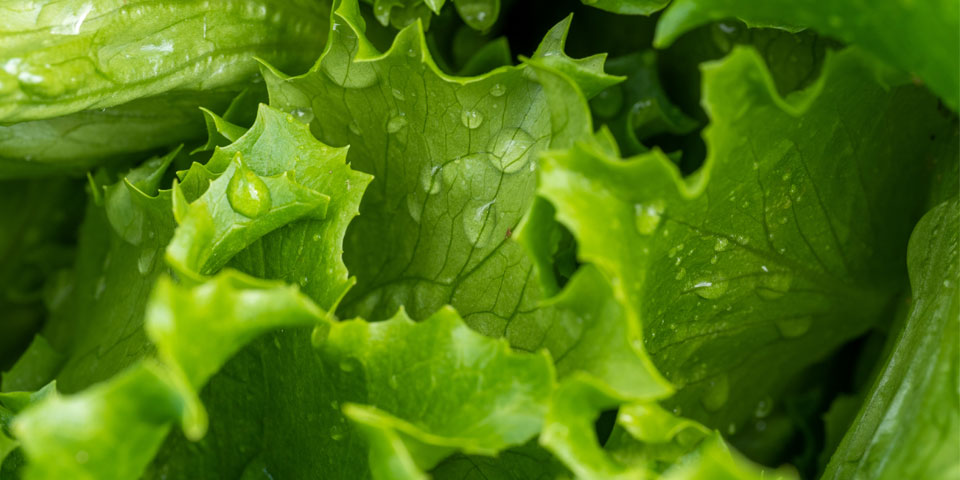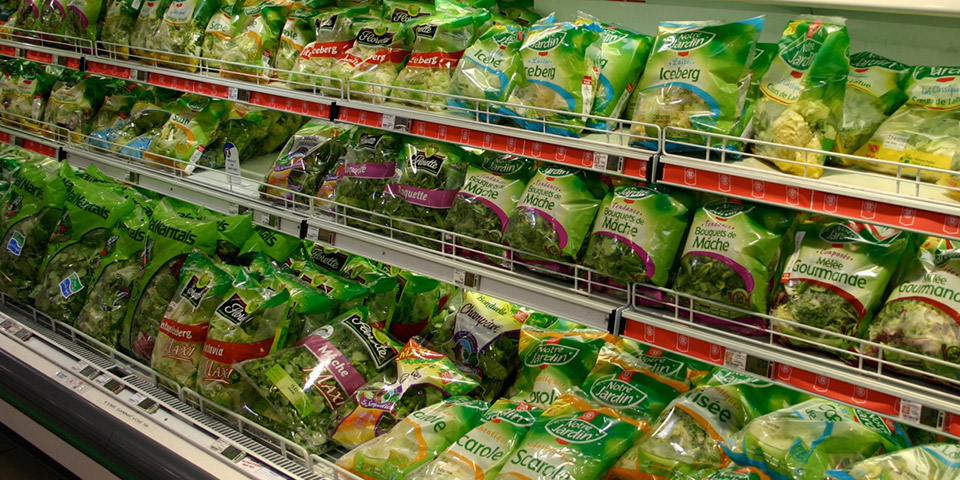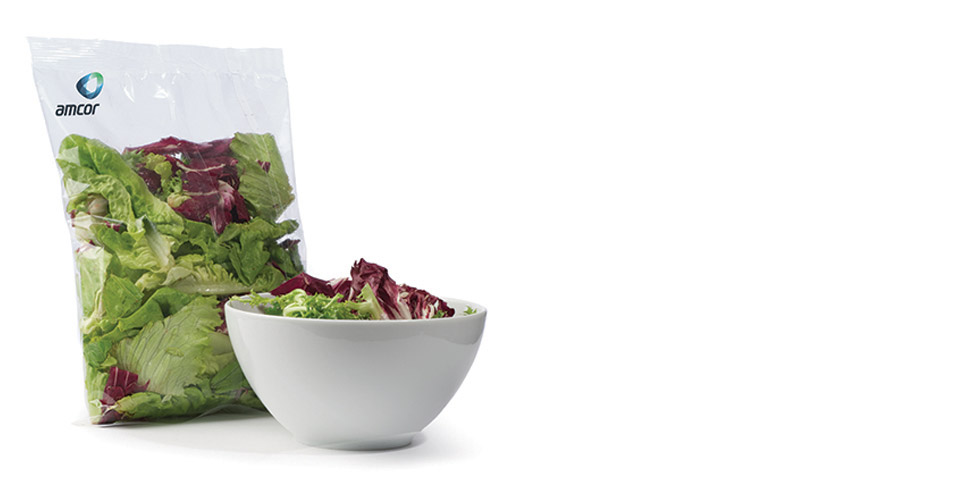
Information

For many years, Enza Zaden has been working with farmers, breeders, buyers and consumers to study the shelf life of pre-cut leafy vegetables. You know the ones, those handy bags of lettuce and basil in the supermarket, which you as an end user can serve immediately. Provided that the contents are still nice and fresh, crispy and tasty. And this is the case for increasingly longer periods.
Europeans find it acceptable if the contents of such a bag remains fresh for a week. However, Americans expect the contents to still be fresh after two weeks. This says nothing about the quality of the salads. It does mean that scientists have to take these regional differences and associated wishes into consideration.
We use specific measuring instruments to monitor:
In addition, we ask tasting panels to evaluate the flavour and the smell of the product at various points in the course. In order to promote objectivity, we work with sensory profiles wherever possible, within which the consumers make their choices. In other words, the shelf life studies are very thorough. The same research is performed in France. And - as of 2018 - also in Enkhuizen, the Netherlands.

And all that work is not going to waste. Enza Zaden has made real progress in the breeding of crops such as rocket salad, iceberg lettuce and basil thanks to this thorough research methodology.
Post-harvest Researcher Annemarie Schoevaars is already looking forward to the results of the research in the Netherlands. ‘In Enkhuizen, the focus will be on the development of selection tools for the breeders,’ she explains. ‘Ultimately, we want to test each variety in all the product groups for shelf life, before the variety continues to the next phase in the selection and introduction process.’
What makes the phenomenon of shelf life extra interesting to us, is that good genetics can play an important role in improving the shelf life. Thanks to our expanding knowledge of plant genomes and advancing marker technology, our breeders and scientists are able to screen new crossbreeds for shelf life characteristics more quickly and at an earlier stage. This makes the breeding and selection process a lot more efficient. It also ensures that we can offer our customers well-substantiated advice about the appropriate varieties, depending on their wishes and options.

Over the years, many techniques have been invented to keep cut leafy vegetables fresh for as long as possible. From bags with holes for fresh air and drainage of moisture, to air-tight packaging with reduced oxygen to combat oxidation. As research is only useful if the situation is as ‘real’ as possible, we asked Amcor (the leading packaging specialist) which bags would be best to use for the research. This resulted in 4 winners, which we have been testing since 2017.
